On February 14, the National Assembly discussed in the hall the draft Law on Government Organization (amended).
Deputy Pham Van Hoa (Dong Thap Delegation) said that, in terms of the current principle of authority division, the Government and the Prime Minister are responsible for submitting to the National Assembly and the National Assembly Standing Committee for decision on contents according to the provisions of the Constitution and basic and important issues under the authority of the National Assembly and the National Assembly Standing Committee as stipulated in the Law on Organization of the Government.
Mr. Hoa stated that the Prime Minister is the head of the Government, leading the work of the Government and is responsible to the National Assembly and the National Assembly Standing Committee for the Government's responsibilities and assigned tasks, ensuring the principle that the Prime Minister delegates authority to localities, and ministers and heads of sectors do not interfere in the internal affairs of ministries, sectors, and People's Committees.
Mr. Hoa suggested that in decentralization and delegation of power, there must be a specific mechanism. If not included in the law, it must be included in regulations so that those who are decentralized, authorized and given authority dare to do and dare to take responsibility.
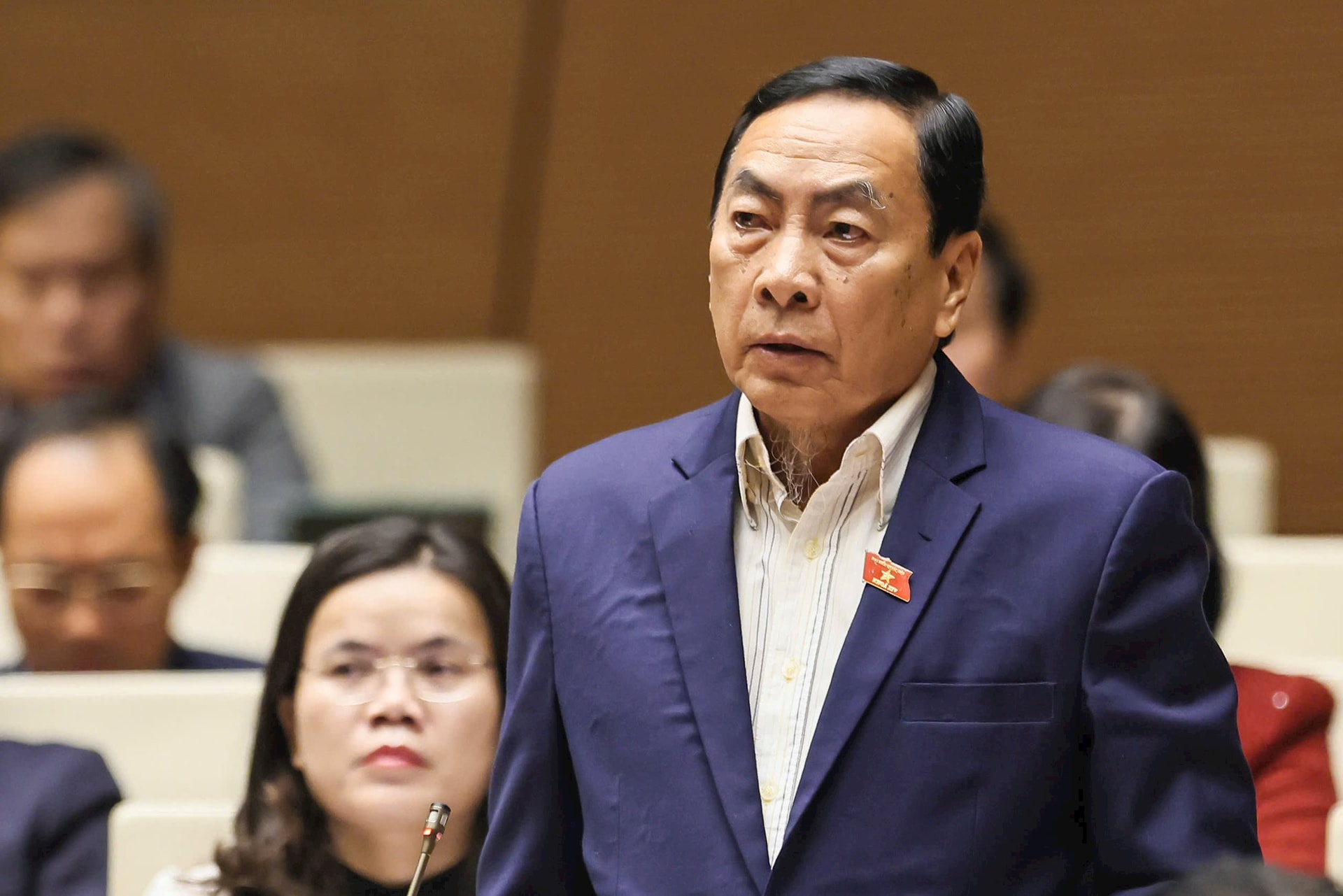
Mr. Hoa suggested that the person who delegated authority must be responsible for checking, supervising, and inspecting the delegated and authorized person. When the delegated person does not do the right thing, the person who delegated authority must also bear joint responsibility.
According to Deputy Tran Van Khai (Ha Nam Delegation), unclear decentralization can lead to overlap between the central government and local governments. Some important tasks (planning, public investment, land and environmental management) can be both the responsibility of the government and the authority of local governments, which can easily lead to disputes in policy implementation. If the central government retains the right to make decisions but assigns implementation to local governments without clear responsibilities, it can lead to lack of consistency and delays in implementation.
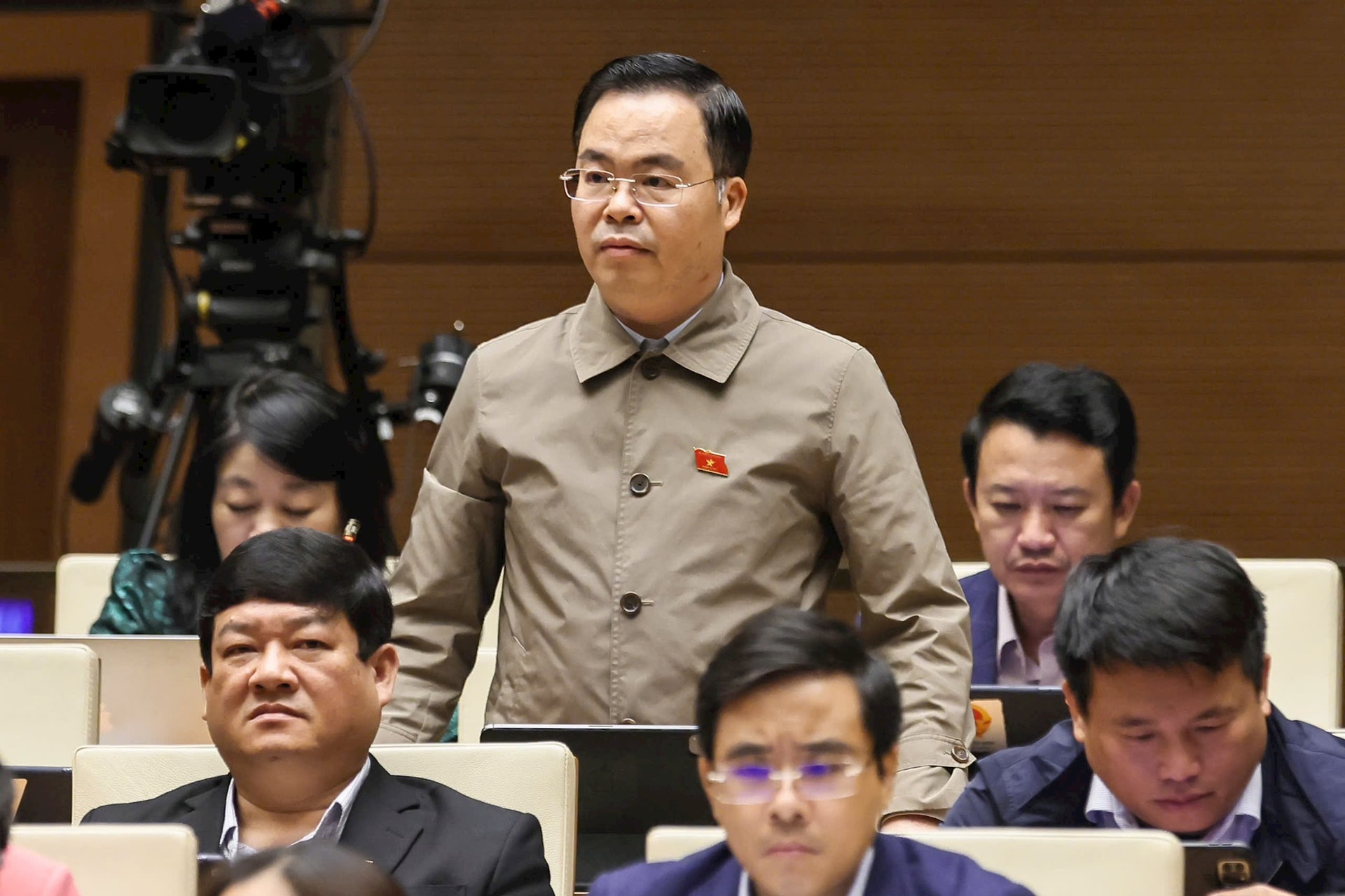
In addition, according to Mr. Khai, decentralization can cause some localities to make decisions based on local interests, which is inconsistent with general policies. Some provinces and cities rich in resources or with strong economies can take advantage of decentralization to establish their own preferential policies, causing inequality with other localities. On the contrary, weak localities may not have the capacity to implement, causing stagnation or even abusing power for personal gain.
Mr. Khai proposed to adjust the content of Article 7 on decentralization, adding the principle of “conditional decentralization”, decentralizing only when the locality has sufficient financial, human and administrative capacity. In addition, it is necessary to develop an index to assess the administrative capacity of each locality before decentralizing.
Regarding the issue of decentralization, Mr. Khai said that lack of strict supervision can lead to abuse of power in decentralization, many tasks can be managed by both ministries and localities. There is no mechanism to evaluate the effectiveness of decentralization, which can lead to the delegation of power without sufficient conditions for implementation, causing waste and stagnation.
Mr. Khai proposed to adjust the content of Article 8 on decentralization. Accordingly, the mechanism for “appraising the effectiveness of decentralization” should be added, clearly defining which tasks require annual assessment reports. Decentralization decisions must be periodically monitored by the National Assembly. At the same time, applying the principle of “flexible decentralization”, for localities that do not have enough capacity, there should be control sanctions instead of delegating all authority.
Regarding the issue of delegation, Mr. Khai noted that delegation without control can cause responsibility to be pushed between levels of government. When a task is delegated but there is no mechanism to bind responsibility, it can lead to a situation where subordinates do not perform or perform ineffectively. For some important tasks, delegation without control can lead to corruption and negativity.
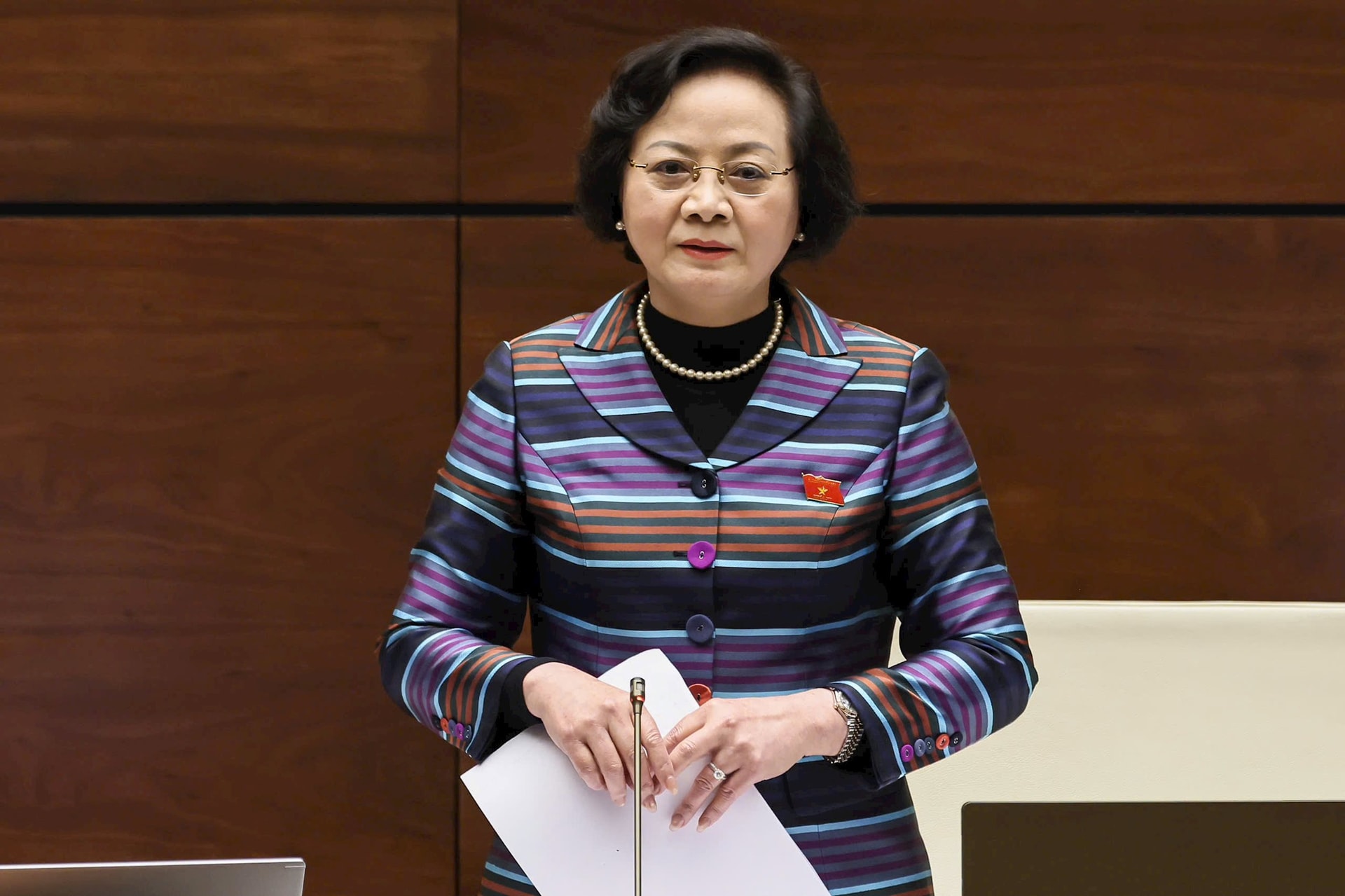
Speaking at the explanation, Minister of Home Affairs Pham Thi Thanh Tra said that the Ministry will fully accept and explain the opinions of the delegates.
Ms. Tra emphasized that the Law on Government Organization is the original law of the Vietnamese State administration and the amendment of this law is carried out at a historical time. Therefore, the amended law has political, social, legal and historical significance when we are carrying out a revolution in streamlining the organizational apparatus of the political system, associated with efficiency, effectiveness and efficiency.
Minister Pham Thi Thanh Tra said that the Law on Government Organization (amended) this time was built with a completely new mindset on building Vietnam's legal system under the direction of the Politburo, General Secretary and Chairman of the National Assembly, so that the law ensures long-term vitality, both implementing the goal of State management and the goal of creation and development.
Source: https://daidoanket.vn/quoc-hoi-thao-luan-chuyen-phan-quyen-uy-quyen-10299906.html


![[Photo] The parade took to the streets, walking among the arms of tens of thousands of people.](https://vphoto.vietnam.vn/thumb/1200x675/vietnam/resource/IMAGE/2025/4/30/180ec64521094c87bdb5a983ff1a30a4)
![[Photo] "King Cobra" Su-30MK2 completed its glorious mission on April 30](https://vphoto.vietnam.vn/thumb/1200x675/vietnam/resource/IMAGE/2025/4/30/5724b5c99b7a40db81aa7c418523defe)
![[Photo] Panorama of the parade celebrating the 50th anniversary of the Liberation of the South and National Reunification](https://vphoto.vietnam.vn/thumb/1200x675/vietnam/resource/IMAGE/2025/4/30/affbd72e439d4362962babbf222ffb8b)

![[Photo] Mass parade to celebrate 50 years of national reunification](https://vphoto.vietnam.vn/thumb/1200x675/vietnam/resource/IMAGE/2025/4/30/825e459ee2f54d85b3a134cdcda46e0d)



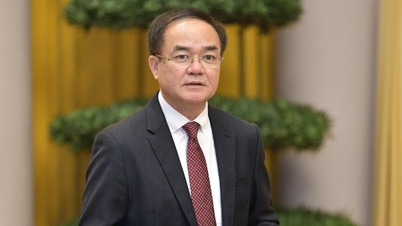
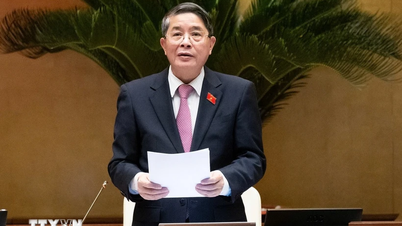

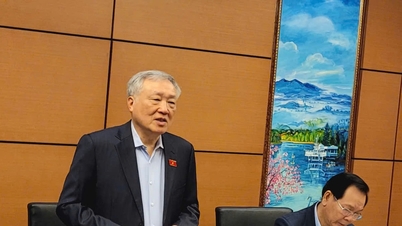
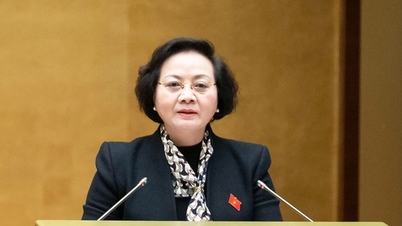




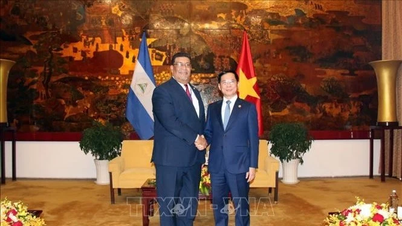
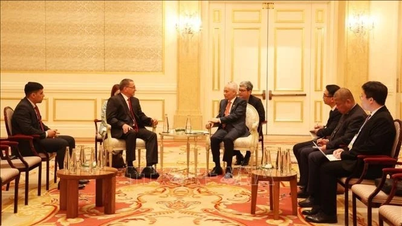
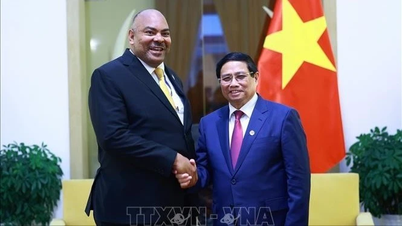
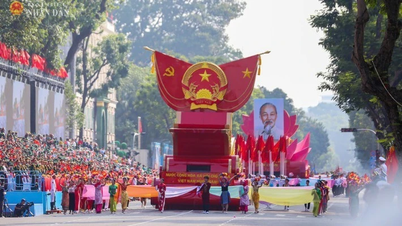























































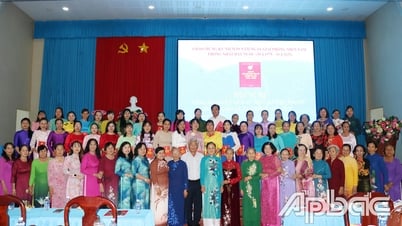



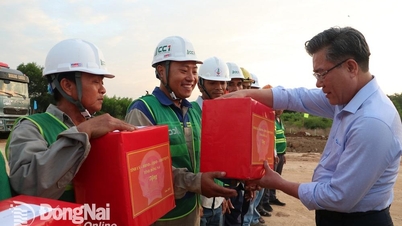



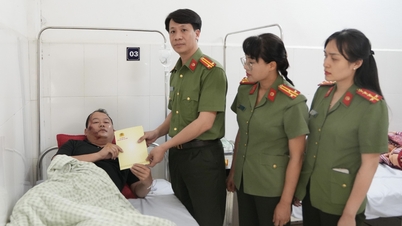












Comment (0)